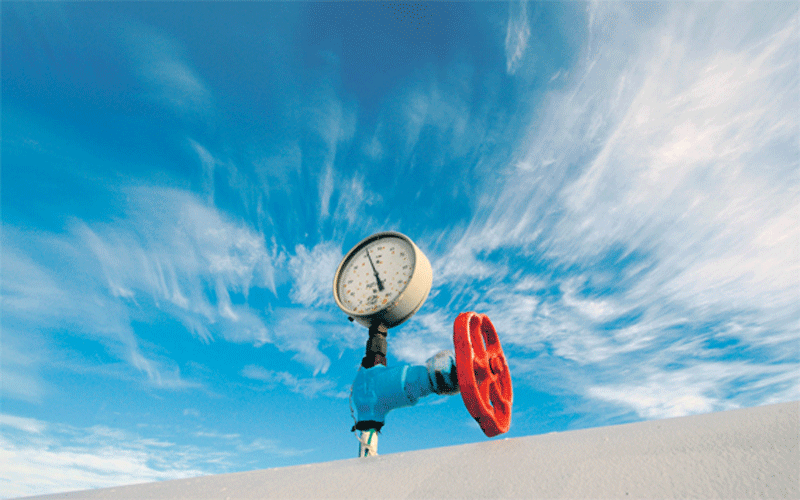The General Petroleum Company has started to implement measures to address the projects in the eastern desert fields in which gas flaring is prevalent, in collaboration with the Kuwait Gulf Oil Company (KSC), with investments worth $127m.
The gas-flare processing project will begin by July 2017, director of the General Petroleum Company Ehab El-Sherbini said.
The project to treat harmful emissions was supposed to be implemented in 2009, after procedures were finalised and a contract was signed with the Kuwaiti company, but were halted due to the circumstances experienced in the country recently, El-Sherbini said.
He explained that the project will collect about 15m cubic feet of gas daily and then pump it into the plant to produce butane derivatives and other gases which will then be transferred to the national gas network.
The company is committed to implementing the treatment plant, even following the repercussion of the 25 January Revolution, he added. The project represents an economic value for the exploitation of gas that burns in the air; the gas treatment will produce high-quality petroleum products as well as protect the environment by extracting sulphur.
According the company’s general manager, the total gas production amounted to 50m cubic feet of gas daily, and 45,000 barrels of oil in their three concession areas.
The Holding Company for Natural Gas (EGAS) chairperson Khalid Abdalibdaa said the associated gas volumes of the extracted oil from the oil fields, wasted in the Egyptian concession areas, is estimated at 200m cubic feet per day.
He pointed to a study of a number of projects with the European Bank for Reconstruction and Development (EBRD) about gas exploitation instead of burning in fields.
He added that the amount of gas burned in Egypt is not a significant figure, explaining that gas flaring is inevitable while producing it accompanied by oil.
He explained that EBRD carried out gas-utilisation experiments that burn in fields in several countries, including Kazakhstan, Russia, Iran. These experiences can be studied so Egypt can benefit, said Abdalibdaa, adding that it is possible to address the issue of gas flaring by using it to generate electricity.




